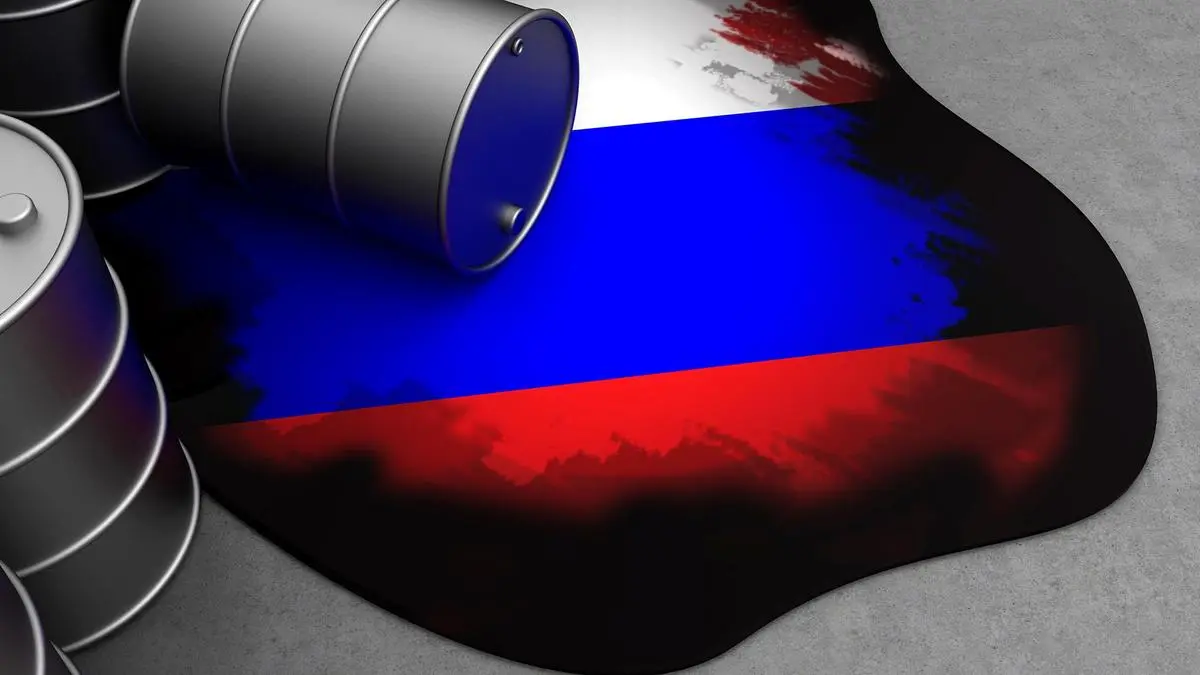Indian Oil Corporation (IoCL) will not procure crude oil from Rosneft and Lukoil—the two Russian oil giants who have been placed under sanctions by the US last week. Its subsidiary Chennai Petroleum Corporation (CPCL) has also reduced its exposure to Moscow’s crude cargoes.
Asked about the oil marketing company’s (OMC) Russian crude oil purchases, IoCL Chairman A S Sahney said on Monday: “We will abide by the sanctions.” He did not offer any comments on the quantum of Russian cargoes the company will procure going ahead.
This means that India’s largest diesel and petrol retailer, which operates more than 40,000 fuel stations, will not procure crude oil from the two Russian companies, at least after November 21, 2025, when the US sanctions kick-in. It’s subsidiary is also expected to follow suit.
While Russian crude oil accounted for 24 per cent of IoCL’s cumulative purchases in April-June in FY26, it came down to 20 per cent during the July-September period. Its total procurement in H1 FY26 stood at around 21 per cent.
Chennai Petroleum has also reduced its cargoes from Moscow. On Russian crude oil purchases, CPCL Managing Director H Shankar told businessline “Market conditions today has changed. Availability is a factor. The price is another factor. It is (crude purchases) done from a pure economics point of view.”
Shankar added that crude oil prices have strengthened and the discounts have “dwindled now” and are at a ”minimum.” CPCL analyses the market conditions before contracting cargoes.
“Russian crudes have been constantly coming down. Quarter-on-Quarter, if you ask any of the refineries, it has been coming down. In Q2, the availability of crude (Russian) was limited. So, we processed very little,” he said.
IoCL and CPCL together account for about one-third of India’s more than 5 million barrels per day of refining capacity.
India on an average bought 1.7 million barrels per day of crude oil from Russia in 2025 calendar year so far, of which around 1.2 mb/d was supplied by the two oil majors, as per the global real time data and analytics provider Kpler.
Most of these volumes were directed towards private refiners Reliance Industries (RIL) and Nayara Energy, with smaller allocations to PSU refiners Indian Oil Corporation, Bharat Petroleum Corporation and Hindustan Petroleum Corporation.
Traders are of the view that the sanction enforcement will be “selective” with the aim to reduce Russia’s crude oil exports. The rationale is to bring down Moscow’s revenues from the oil trade. The intention is not to halt the supplies as such a step will stoke volatility sending crude oil prices north.
Crude oil markets are already facing oversupply coupled with fears of a global output decline following the tariff war between the US and China.
Last week, The US Office of Foreign Assets Control (OFAC) slapped sanctions on Rosneft and Lukoil, which is President Donald’s Trump’s first major action against Russia in his second term. Besides, foreign financial institutions that engage with these sanctioned entities also face secondary sanctions.
President Trump has reiterated that Prime Minister Narendra Modi assured him India will cut crude supplies from Russia to zero by 2025-end.
Meanwhile, India’s crude imports from the US have risen to their highest since 2022, reaching 540,000 b/d as of October 27, with the month likely to close at around 575,000 b/d and November around 400,000 b/d, per US export data, said global real time data and analytics provider Kpler.
This is a sharp jump from the year-to-date average of around 300,000 b/d. The increase was economics-driven, supported by a strong arbitrage window, a wider Brent–WTI spread, and no Chinese demand, which made WTI Midland competitive on a delivered basis. Indian refiners capitalised on the opportunity, aided by moderate Q4 turnarounds at home and higher US maintenance, Kpler added.
Published on October 27, 2025
